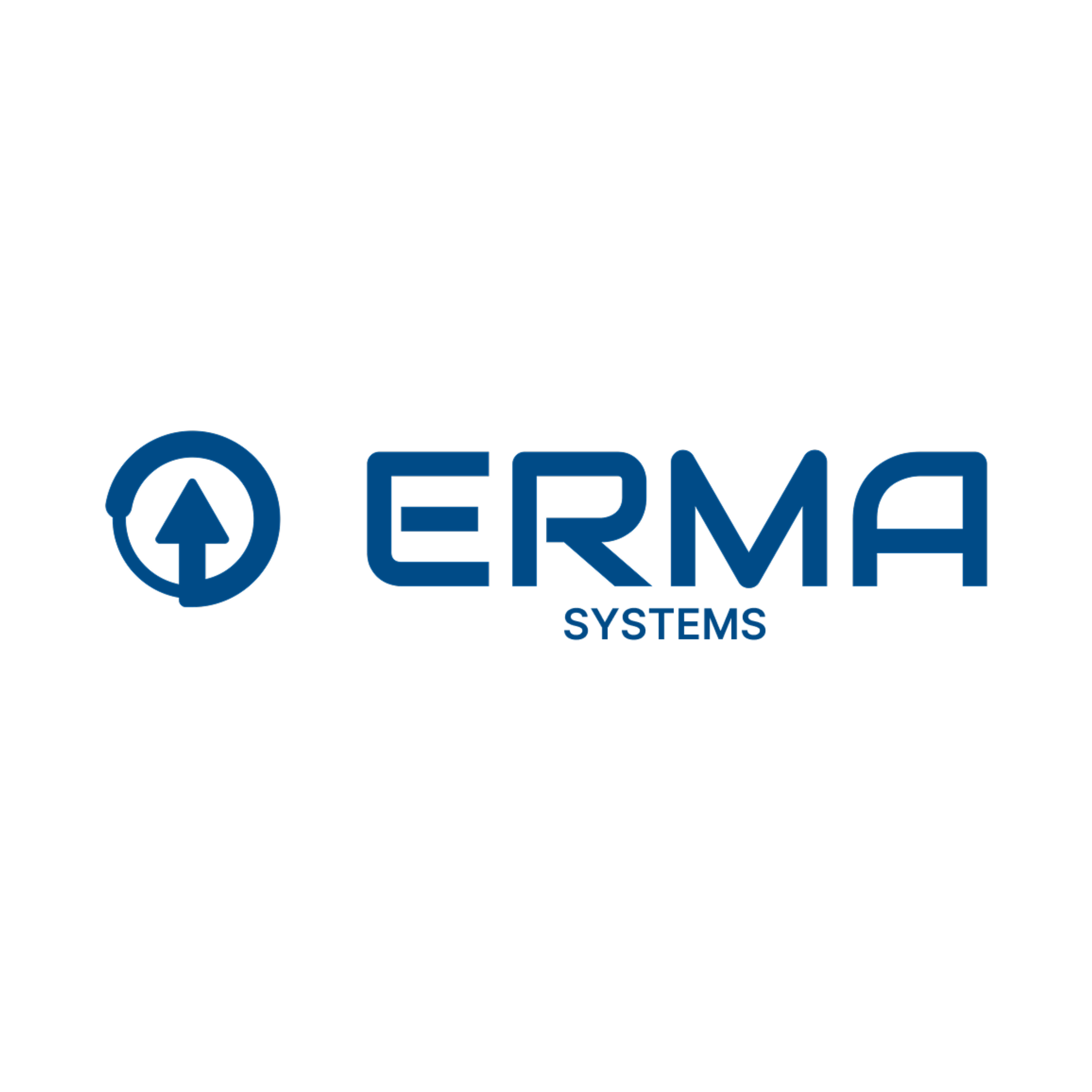Dive Brief:
- Arvinas may soon be looking for a new partner for a breast cancer medicine awaiting Food and Drug Administration approval after years of working with Pfizer, as company executives revealed Wednesday that the partners are reworking their existing deal.
- The two companies first joined up in 2018, inking a potential $830 million deal to find and advance medicines that break down disease-causing proteins. In 2021, they entered another contract specifically for vepdegestrant, agreeing to a 50-50 collaboration for development and commercialization.
- Arvinas and Pfizer had hoped that the medicine could be used as an adjuvant first-line therapy and as a second-line treatment alone. But study results released earlier this year suggest that the drug only benefits a subset of breast cancer patients with a specific mutation, and the companies narrowed their focus to advancing the drug as just a second-line monotherapy.
Dive Insight:
The smaller market now envisioned for vepdegestrant “doesn’t move the dial for Pfizer” in terms of the original 50-50 collaboration, and that agreement isn’t “particularly attractive for Arvinas either,” Arvinas CEO John Houston told investors and analysts during a conference call on Wednesday.
As a result, the companies are talking about how to revamp their agreement. Pfizer may end up launching the drug if it wins approval, taking a greater share of the profits. Or Pfizer may return the rights to Arvinas, which would immediately look for a new partner, Houston said. A near-approved drug should be attractive to potential partners, he said, adding that the company doesn’t intend to build the infrastructure to sell vepdegestrant on its own.
It’s been a rough few months for Arvinas, which announced the top-line results for vepdegestrant in March and saw its shares plummet. In May, the company said it would lay off about a third of its workforce and give up on plans for two more Phase 3 studies of the drug. The company’s shares, which topped $100 in 2021, now trade around $6.
Still, both Arvinas and Pfizer see value in vepdegestrant, Houston said. In June, Arvinas announced that the companies submitted an application for FDA approval. If the agency greenlights their request, vepdegestrant would become the first approved “PROTAC” drug, a class of medicines that target proteins for destruction rather than turn off their signaling function.














